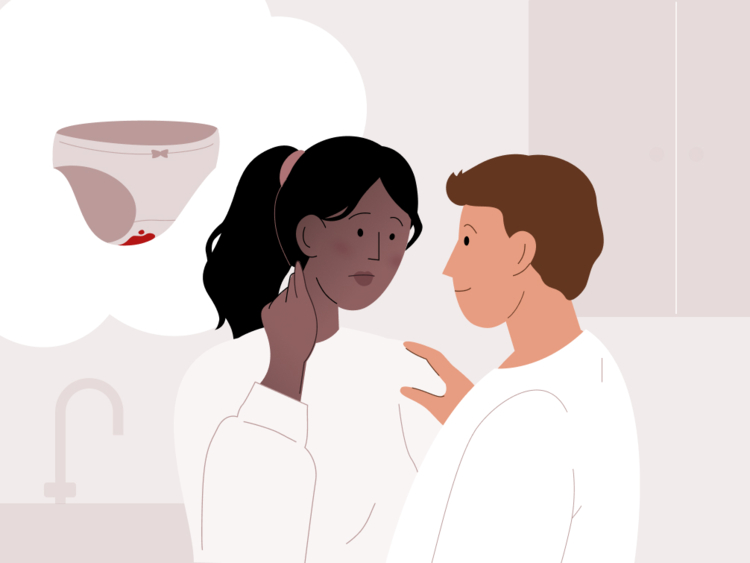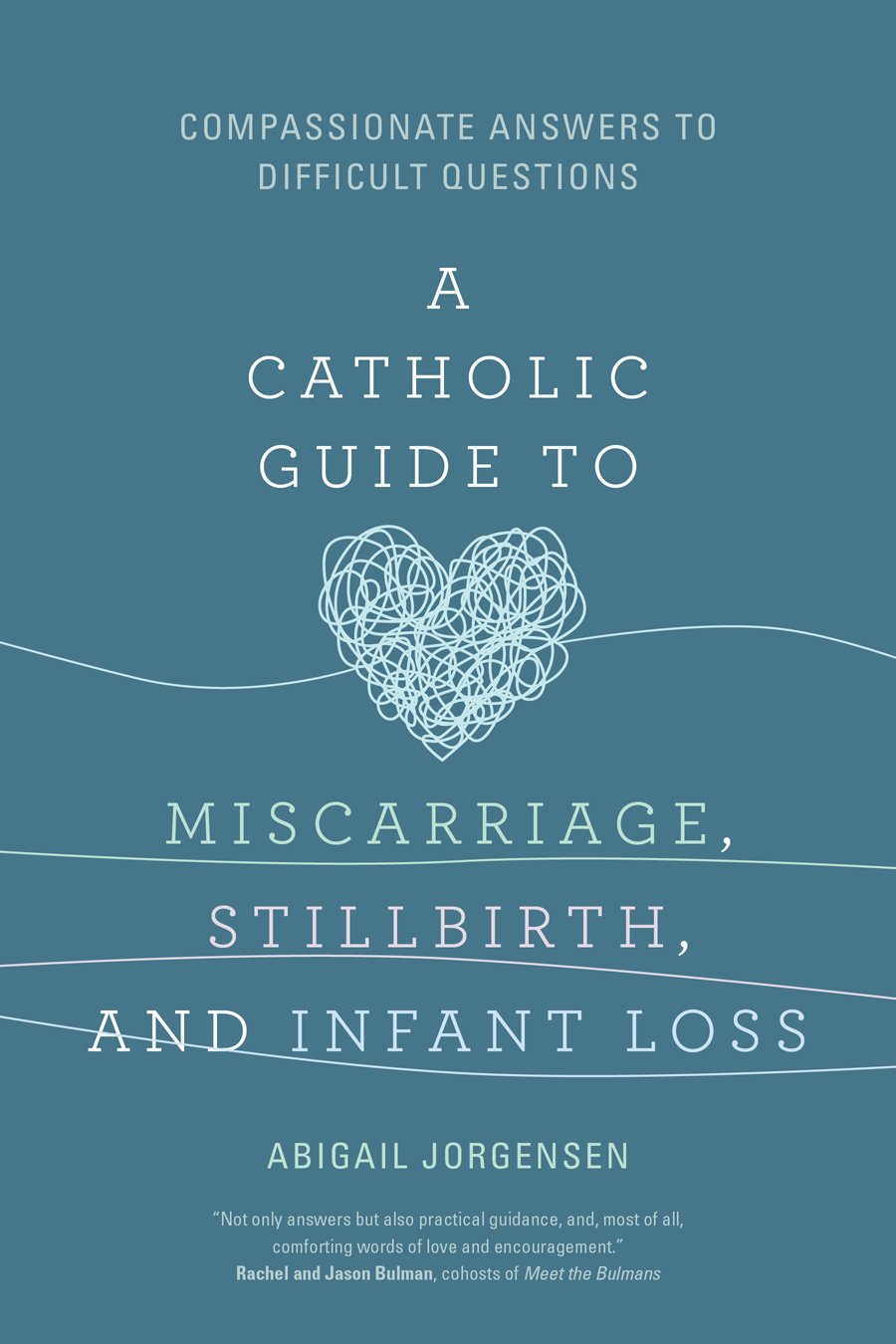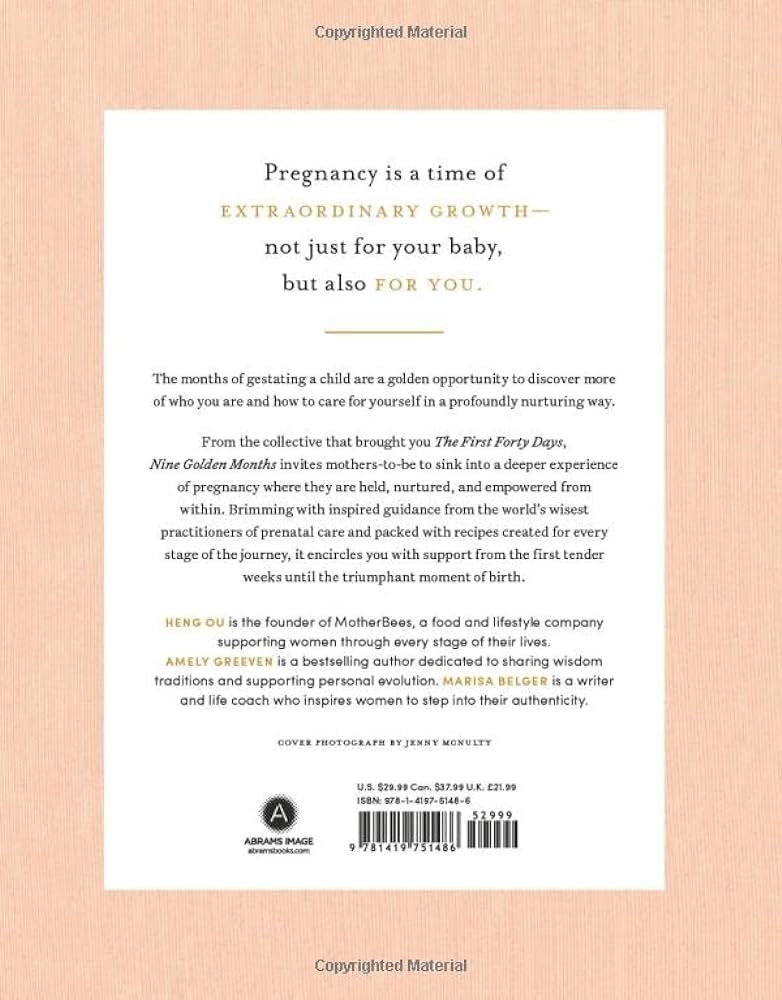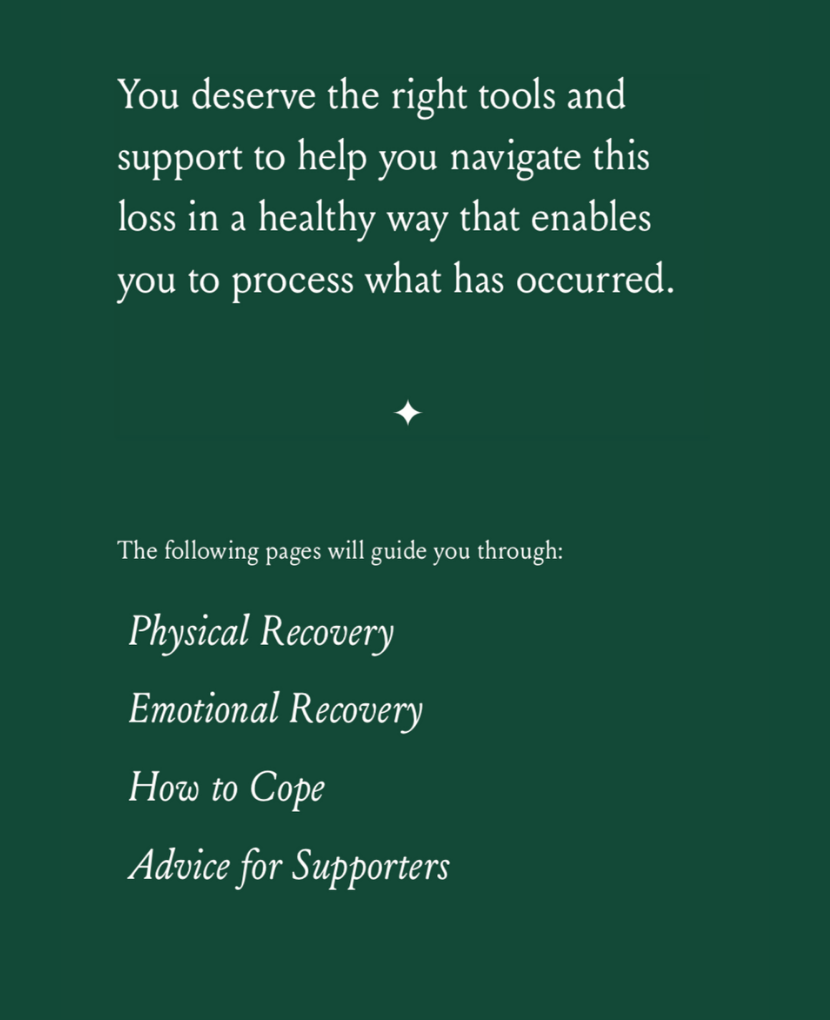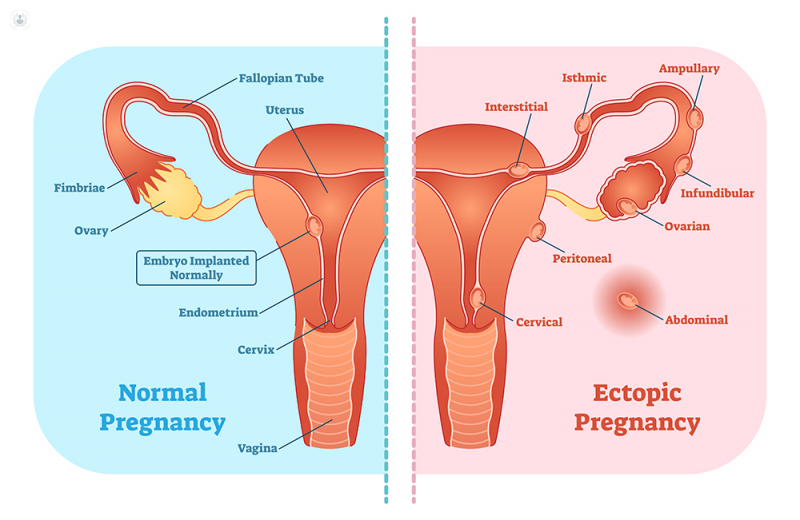A miscarriage is the loss of a pregnancy before the 20th week, distinct from a period, which is the monthly shedding of the uterine lining. Miscarriage usually involves bleeding accompanied by cramping that differs in intensity and duration from a typical menstrual period.
Experiencing a miscarriage can be an emotionally challenging event, differing greatly from the routine occurrence of a menstrual period. The menstrual cycle is a natural physiological process preparing the body for potential pregnancy, resulting in periods if fertilization doesn’t take place.
On the other hand, a miscarriage implies that conception has occurred but the pregnancy has terminated prematurely, often due to chromosomal abnormalities or health issues. Women may notice that the bleeding in miscarriage is typically heavier and accompanied by tissue discharge, unlike the relatively consistent flow of a regular period. It’s not just the physical implications that set these two apart; the emotional toll of a miscarriage is significant, requiring support and understanding. Recognizing these differences aids in proper medical attention and emotional support for those affected.

Credit: www.mdpi.com
Defining Miscarriage And Period
Understanding the difference between a miscarriage and a period is crucial for women. While both involve bleeding, they stem from different causes and have varied implications for health and fertility.
Characteristics Of A Normal Menstrual Cycle
A normal menstrual cycle is a monthly event in a woman’s body. It prepares her for pregnancy. The cycle typically lasts from 28 to 32 days, but this can vary.
- Bleeding: This happens every month. It lasts 3 to 7 days on average.
- Regular intervals: Periods come at a fixed schedule. Some women have shorter or longer cycles.
- Flow: The bleeding starts light, gets heavier, then lightens again.
- Associated symptoms: Mild cramps, breast tenderness, and mood swings may occur. These symptoms are common and not cause for alarm.
Medical Explanation Of Miscarriage
Miscarriage is the loss of a pregnancy before 20 weeks. It’s often a painful experience for hopeful parents. Here’s what happens:
- Timing: Miscarriages most often happen in the first trimester. This is the first 12 weeks of pregnancy.
- Cause: Many factors can contribute. These include chromosomal abnormalities or health issues in the mother.
- Symptoms: Symptoms can be severe cramping and heavy bleeding. Women may also pass tissue or clots.
- Diagnosis: Doctors confirm a miscarriage through an ultrasound. They look to see if the embryo has stopped developing.

Credit: flo.health
Physical Symptoms Comparison
Understanding the physical signs of a miscarriage compared to a period helps identify key differences. A miscarriage and a period can cause similar symptoms like bleeding and cramping. However, specific details can give clues about these events. Let’s explore the physical symptoms to differentiate between the two.
Bleeding Intensity And Duration
Bleeding patterns often set miscarriages apart from regular periods. Here are some differences:
- Miscarriages: often result in heavier bleeding. This can pass with clots and tissue.
- Periods: have a predictable flow and gradually start and stop.
| Condition | Intensity | Duration |
|---|---|---|
| Miscarriage | Heavy, unexpected | Variable, often longer than a period |
| Period | Moderate, consistent | 3-7 days, typically |
Cramping And Pain Differences
The level and type of cramping and pain can also indicate what you’re experiencing:
- Miscarriages: can cause severe cramps. Pain might be sharp and located in the lower back and abdomen.
- Periods: typically trigger mild to moderate cramping. This is felt in the lower abdomen or pelvis.
Keep these distinctions in mind to recognize the nature of your experience. Consult a healthcare provider for a proper diagnosis and support.
Emotional And Psychological Effects
The Emotional and Psychological Effects of experiencing a miscarriage compared to a period can vary greatly. While menstrual cycles are a regular part of women’s health, a miscarriage can evoke deep emotional turmoil. Understanding these effects is crucial for emotional healing and support.
Grief And Loss After Miscarriage
A miscarriage can bring about intense feelings of sorrow and bereavement. It’s not just the loss of a pregnancy but also the loss of future hopes and dreams. The silence around miscarriages often makes these feelings heavier, leaving individuals feeling isolated in their grief. Recognizing these emotions allows for the acknowledgement of the loss and encourages seeking support.
- A sense of emptiness – Many feel a void after miscarriage.
- Denial and disbelief – It can be hard to accept this sudden change.
- Yearning – Feelings of longing for what might have been.
- Guilt – Unfairly, some blame themselves for the loss.
- Anger – It’s common to feel anger towards oneself, others, or the situation.
Menstrual Cycle And Mood Variations
Even during regular menstrual cycles, mood swings are common due to hormonal changes. These variations can range from subtle to significant, affecting daily activities and well-being. Awareness and understanding of these changes can support emotional stability.
| Phase of Cycle | Mood Impact |
|---|---|
| Follicular Phase | Increased energy and positive moods. |
| Ovulation | Feeling social and energetic. |
| Luteal Phase | Possible irritability and mood dips. |
| Menstruation | Tiredness and potential sadness. |
Understanding The Causes
Many women face the painful challenge of miscarriage or navigate the monthly cycle of a period. Though similar in symptoms, they differ greatly. Miscarriage and periods can confuse women due to overlapping signs. Delving into the causes clarifies the distinction.
Common Causes Of Miscarriage
Chromosomal abnormalities often trigger miscarriages. About half occur due to extra or missing chromosomes. Other causes include:
- Uterine or cervical issues: Abnormal shapes or weak cervix can result.
- Lifestyle factors: Smoking and excessive caffeine can increase risks.
- Uncontrolled diabetes: Blood sugar issues can cause early pregnancy loss.
- Infections: Severe infections can interrupt a pregnancy.
- Immunologic disorders: Conditions where the body attacks its own cells.
- Thyroid problems: Both hyperthyroidism and hypothyroidism play roles.
Factors Influencing Menstrual Health
Period regularity and health connect with various factors:
- Stress levels: High stress can alter cycle timing.
- Diet and exercise: Balanced eating and regular activity promote regular periods.
- Body weight: Being over or underweight can cause period issues.
- Medications: Some drugs influence menstrual cycle dynamics.
- Hormonal imbalances: Affects the menstrual cycle’s predictability.
- Underlying health conditions: Such as polycystic ovary syndrome (PCOS).
Seeking Medical Advice
Understanding the body’s signals is critical, especially when differentiating between a period and a miscarriage. Both experiences affect women profoundly but require different medical approaches. Timely advice can guide towards the right care and support.
When To Consult A Doctor
Immediate consultation with a healthcare provider is essential when certain symptoms appear. Not all signs are alarming, but attention to detail is key. Here are indicators that it’s time to call a doctor:
- Unusual bleeding: Heavier than a normal period, or atypical clotting.
- Severe pain: Intense cramps that differ from menstrual pain.
- Tissue passage: Seeing tissue with blood is a critical sign to seek help.
- Pregnancy suspicions: Symptoms or confirmation of pregnancy suggest urgency.
Tests And Diagnosis For Miscarriage
Diagnosing a miscarriage involves a series of tests to confirm and understand the situation. Below is a list of common tests conducted by doctors:
| Test | Purpose |
|---|---|
| Pelvic exam: | Determines uterus size, changes, and any cervical dilation. |
| Ultrasound: | Checks fetal heartbeat and development indicators. |
| Blood tests: | Measures hormone levels associated with pregnancy. |
| Tissue tests: | Analyzes tissue passed during bleeding to detect miscarriage. |
If symptoms suggest a possible miscarriage, these tests provide clarity for proper treatment. Doctors may also offer emotional support and counseling services during this challenging time.

Credit: www.frontiersin.org
Coping Strategies And Support
Understanding the difference between a miscarriage and a period can be confusing. It is vital to recognize the signs of each. But coping with either experience emotionally is equally important. The right support and comfort measures can play a significant role in healing.
Support Networks For Miscarriage
Dealing with a miscarriage is tough. Many people need support. Some find comfort connecting with others who have been through the same.
- Join support groups in your community or online.
- Seek counseling or therapy for additional help.
- Speak with friends who understand.
- Contact organizations dedicated to miscarriage support.
Such networks provide an open environment to share feelings. They can offer understanding and invaluable perspectives.
Managing Menstrual Discomfort
Regular periods can bring discomfort too. Knowing how to manage these symptoms can reduce stress and pain. Consider these strategies to ease menstrual discomfort:
- Use heat therapy like warm baths or heat pads to soothe cramps.
- Exercise lightly, such as walking or yoga.
- Stay hydrated to ease bloating.
- Try over-the-counter pain relievers if necessary.
Remember, if period pain seems unusual or too severe, contact a healthcare provider.
Frequently Asked Questions For What Is The Difference Between Miscarriage And Period
Can A Period Be Mistaken For A Miscarriage?
No, a period typically involves lighter bleeding and less severe symptoms. Miscarriage often includes heavy bleeding and abdominal pain. It’s important to consult a doctor for proper diagnosis.
What Are The Main Symptoms Of A Miscarriage?
Miscarriage symptoms include heavy bleeding, clot passage, and cramping. Women might experience severe abdominal or back pain. It’s crucial to seek medical attention if these symptoms occur.
How Long Does A Miscarriage Last Compared To A Period?
A miscarriage may last anywhere from a few days to two weeks. In comparison, a normal period usually lasts 3 to 5 days. Miscarriage bleeding can also be heavier and contain tissue.
What Causes Miscarriages To Happen?
Miscarriages are often due to chromosomal abnormalities in the fetus. Other causes include hormonal issues, uterine abnormalities, and certain medical conditions in the mother. Age and lifestyle factors also play a role.
Conclusion
Understanding the distinctions between a miscarriage and a regular menstrual period is crucial for female health awareness. This knowledge empowers women to seek timely medical advice when necessary. Remember, unusual changes in your cycle always warrant attention. Stay observant and prioritize your health—your body will thank you.

